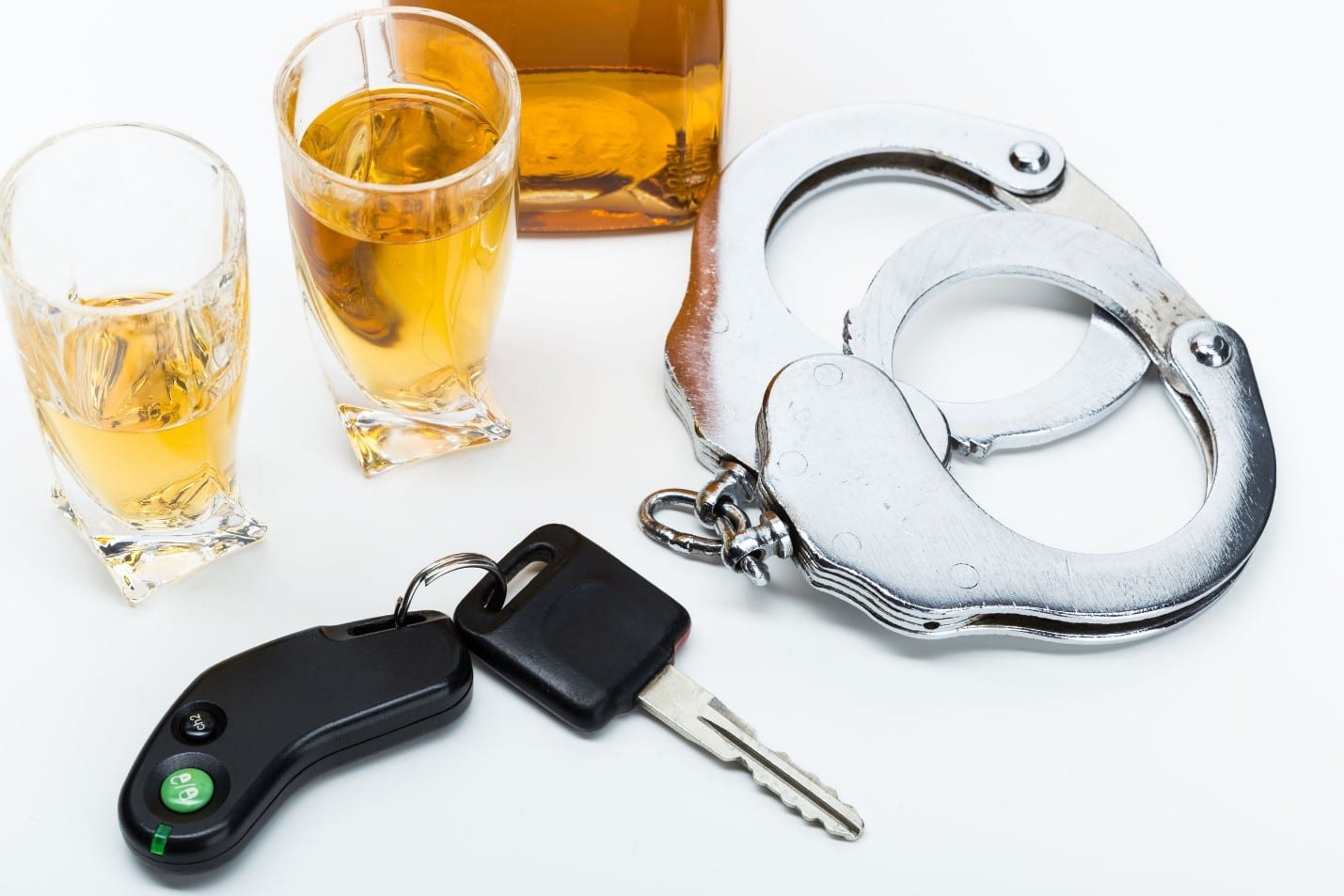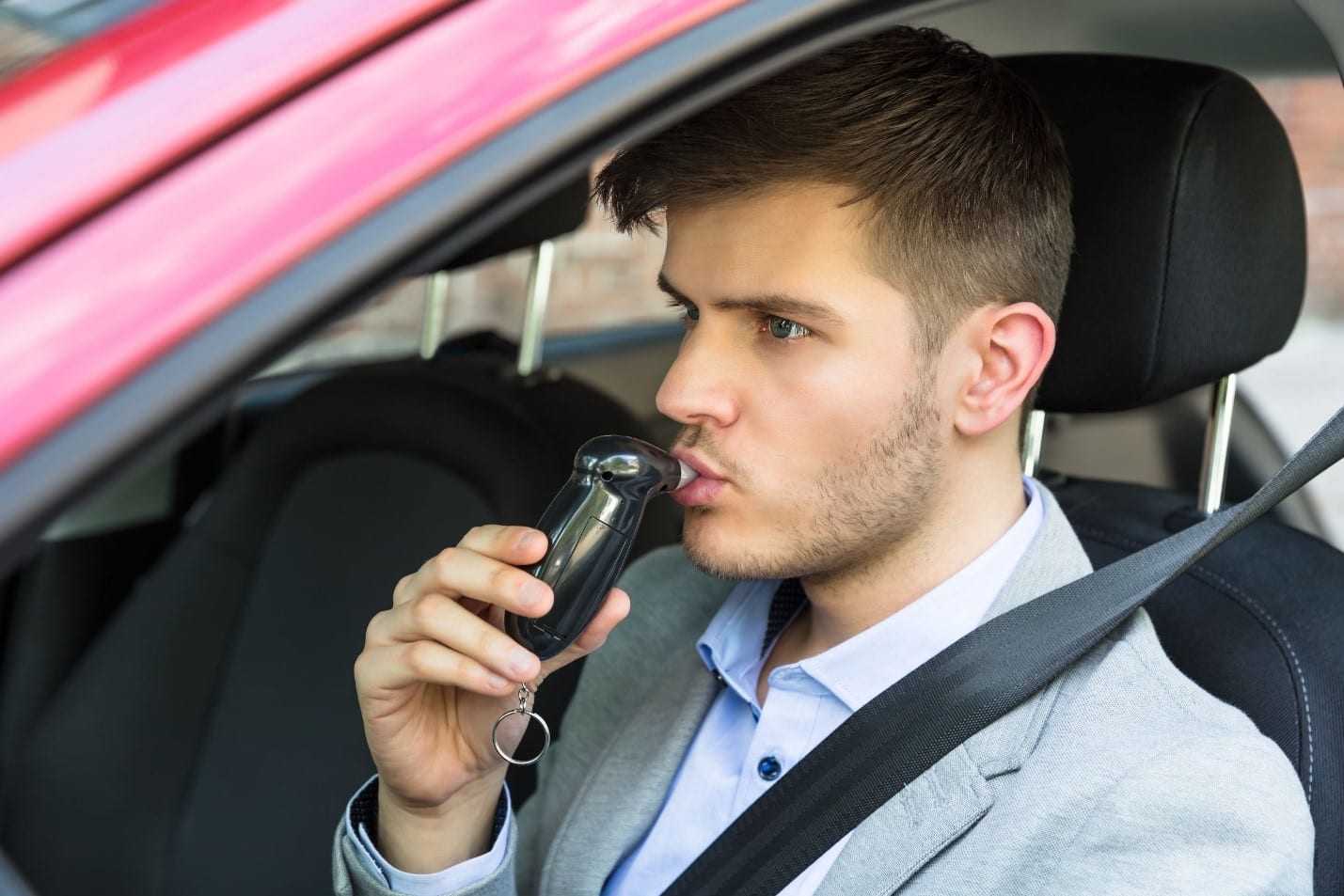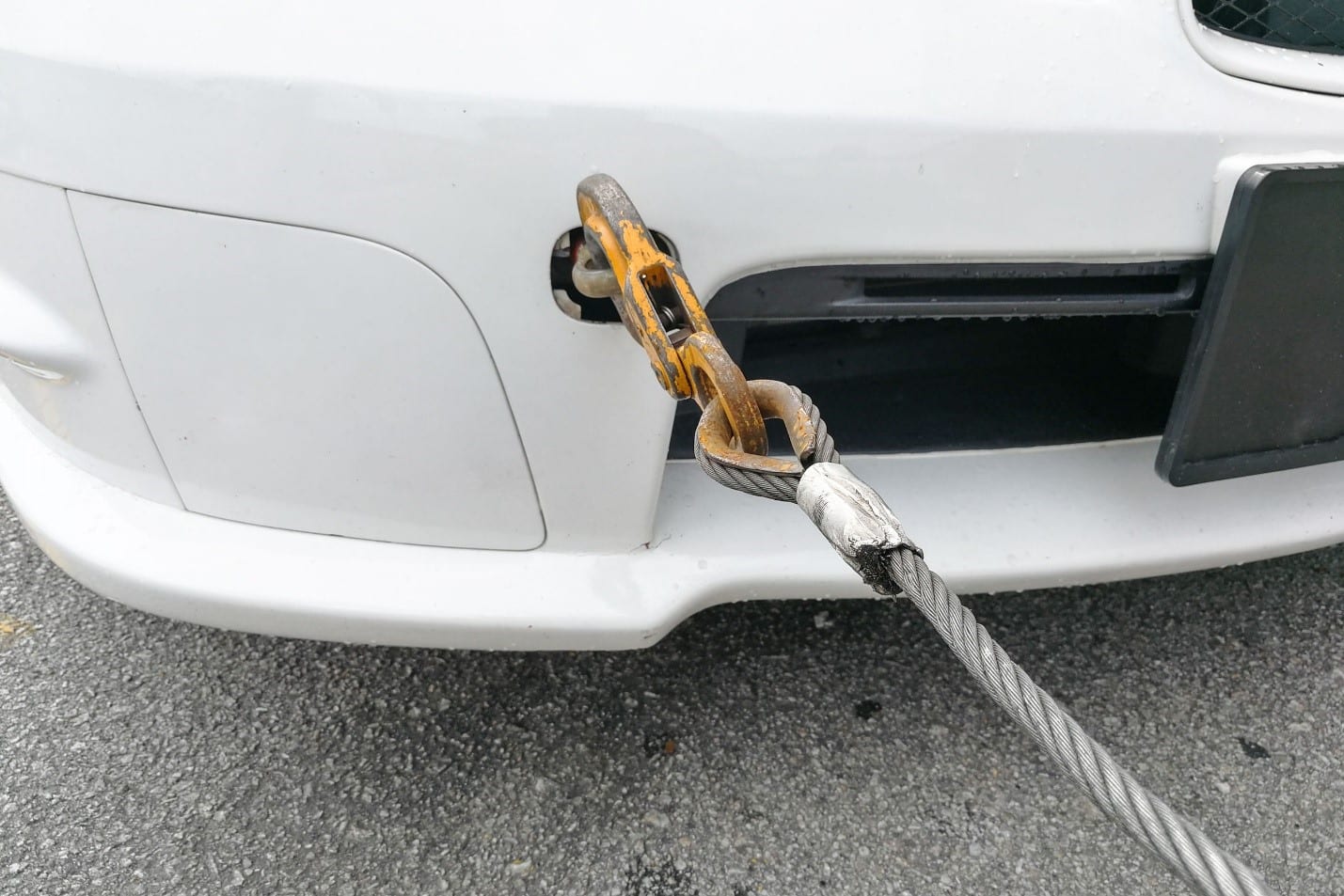
The Christmas/New Year’s season is one of the most common times for drunk driving, and law enforcement keeps close watch for intoxicated drivers, in many cases increasing patrols drastically.
This means that although most of us are getting back to business as usual after the holidays, many Minnesotans are currently facing new DWI charges. If you are one of them, it is important to know what to expect from the trial process, as well as what criminal and civil penalties you may face.
Arraignment
Your first court appearance is known as the arraignment. The purpose of the arraignment is to ensure you know that you have been charged with a crime and are aware of your rights. You will likely be asked to enter a plea at the arraignment.
Hearings
Each DWI case is different. Prior to the trial, you may attend multiple hearings, which can include:
- Pretrial conference: Your attorney will discuss the case with the prosecutor, potentially negotiating a plea deal for you.
- Implied consent hearing: Determines whether your driver’s license will be revoked.
- Suppression hearing: Motions to suppress illegally obtained or inaccurate evidence from being presented at trial are considered.
- Sentencing: Occurs after accepting a plea deal or after being convicted at trial.
Trial
If your case goes to trial, in order to successfully convict you, the prosecution will need to prove:
- That you were driving the vehicle prior to the arrest
- That you were under the influence of drugs or alcohol while driving.
Your attorney will likely attempt to discredit witness statements of impaired behavior or chemical testing results.
Sentencing and Criminal Penalties
If you lose at trial or accept a plea deal, the next step will be sentencing. Minnesota DWI sentencing and criminal penalties are dependent on consent for chemical testing and aggravating factors such as prior offenses, a high blood alcohol content, or child passengers.
Fourth Degree DWI
If you consented to chemical testing and do not have any aggravating factors (discussed below), you will be sentenced with a Fourth Degree DWI, which carries the following penalties:
- Misdemeanor offense
- Up to 90 days in jail
- Fine up to $1,000

Third Degree DWI
If you did not consent to chemical testing or have one aggravating factor, you will be sentenced with a Third Degree DWI, which carries the following penalties:
- Gross misdemeanor offense
- Up to one year in jail
- Fine up to $3,000
Second Degree DWI
If you did not consent to chemical testing and have one or two aggravating factors, you will be sentenced to a Second Degree DWI, which carries the following penalties:
- Gross misdemeanor offense
- Up to one year in jail
- Fine up to $3,000
First Degree DWI
If your current DWI is your fourth or more impaired driving incident within 10 years, or if you have a prior felony DWI or criminal vehicular operation conviction, you will be sentenced to a First Degree DWI, which carries the following penalties:
- Felony offense
- Up to seven years in jail
- Fine up to $14,000
Aggravating Factors
The following are considered to be aggravating factors, and lead to enhanced sentencing as described above:
- Prior impaired driving convictions within the last 10 years.
- Prior impaired driving loss of license due to refusal of chemical testing within the last 10 years.
- A blood alcohol content of 0.16% or greater upon arrest.
- A child passenger under 16 if the defendant is more than three years older than the passenger.
Civil Penalties Associated with a Minnesota DWI
There are three potential administrative penalties, which are effective upon arrest – not conviction. These include driver’s license revocation, vehicle license plate impoundment, and vehicle forfeiture.
License Revocation
Your license can be immediately revoked upon test failure or refusal.
For a first DWI offense, second DWI offense in 10 years, or third lifetime DWI offense, your license will be revoked for 90 days to one year, or for two years if you had a BAC of 0.16% or higher, or refused testing.
For a third or more DWI offense, your license will be cancelled and denied for 3-6 years, depending upon number of offenses and presence of aggravating factors.
Vehicle License Plate Impoundment
If you have aggravating factors (described above) you could be subject to license plate impoundment. This applies to the vehicle in use at the time of arrest and any other vehicles owned by the defendant. The maximum time of plate impoundment is one year. Under certain circumstances, specially coded plates may be issued during the impoundment period.

Vehicle Forfeiture
If this is your third or more DWI offense within 10 years, or if multiple aggravating factors are present, you could face vehicle forfeiture.
If you are facing DWI charges, your most effective course of action is to retain a skilled and experienced Minnesota criminal defense attorney. A knowledgeable defense lawyer can evaluate your case and determine which course of action is most likely to lead to a positive outcome.
About the Author:
Christopher Keyser is a Minneapolis-based criminal and DWI defense attorney known for fighting aggressively for his clients and utilizing innovative tactics to get the most positive results. He has been featured in numerous media outlets due to the breadth and depth of his knowledge, and recognized as a Minnesota Super Lawyers Rising Star (2014–2015), a Top 100 Trial Lawyer (2013–2015), and a Top 40 Under 40 Attorney (2013–2015).





